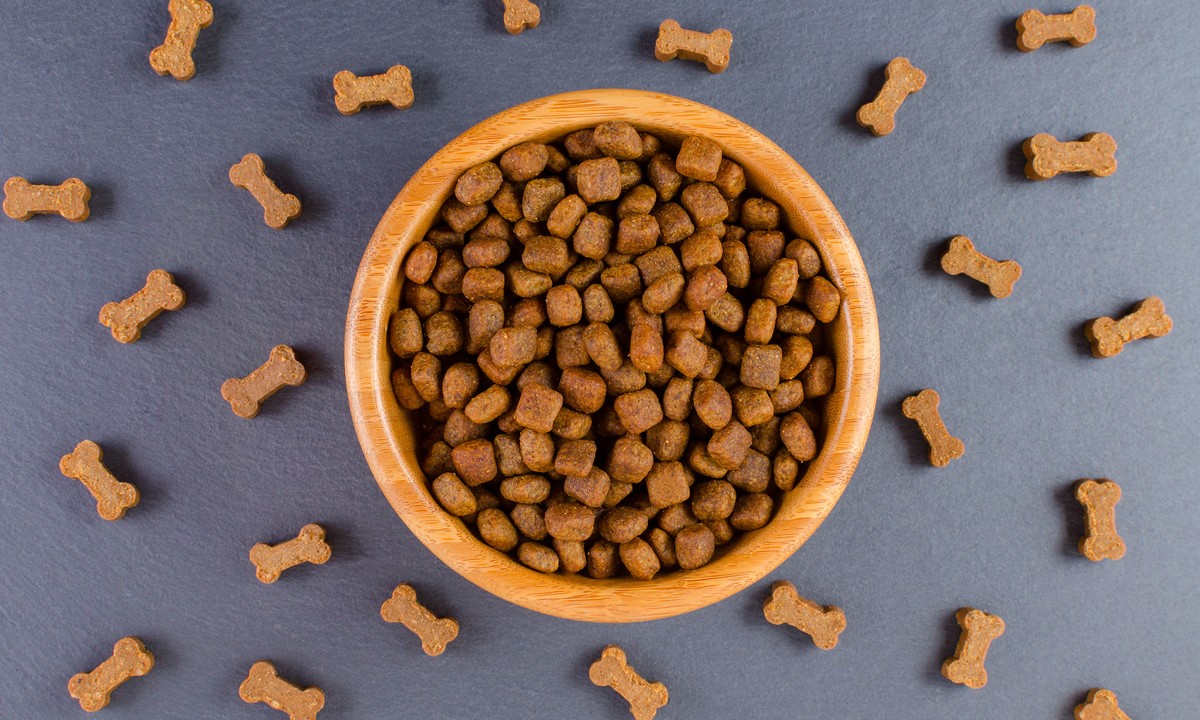What to Feed a Dog With an Upset Stomach

Curating a diet for your sick dog is challenging when they’re experiencing frequent vomiting, diarrhea, decreased appetite, and constant nausea. If your furry pal has been sick for a while and there has been no sign of recovery, contact your vet at once.
As a general rule of thumb, it’s always better to consult your vet before taking the treatment into your own hands. Once you’re through with the consultation, consider making the following dietary changes to aid your dog’s recovery:
Vet-Approved Probiotics
Your vet might prescribe a probiotic for your dog. Probiotics are direct-fed microbial that aid in food digestion, make vitamins and nutrients, fight off potential pathogens, and help improve the immune system.
Most animals have gut-dwelling, beneficial microbes in their gastrointestinal systems that are sometimes damaged or destroyed, resulting in an upset stomach. Your vet should recommend the correct prebiotics (nutrients designed to nourish the growth of good bacteria) or probiotics to boost the growth of beneficial bacteria.
Grain-Free Dog Foods
Amylase is an enzyme that helps break down starchy carbohydrates. Dogs do not have enough of it in their bodies, resulting in indigestion of carbs. Therefore, when you replace your dog’s diet with grain-free foods, it helps with better digestion.
Since dogs are incapable of fully digesting grains, you may either opt for particular commercial grain-free dog foods or just vegetables and raw foods that are high in protein and fiber. There are grain-free dog foods out there that are modified to not include grain but may contain ingredients that are even harder to properly digest, making them bad for dogs. Remember, grain-free doesn’t always mean low-carbs or all-meat.
White Rice and Protein
White rice is easily digestible and vets often recommend feeding your dog rice as a first step toward curing diarrhea. They’re loaded with soluble fiber that helps in stabilizing stool. Some dogs also aren’t good with certain types of proteins. If your dog’s food usually contains lamb or beef, try feeding them boiled chicken breast for a change.
Pumpkin (Canned or Pureed)
Pumpkin is high in fiber and helps regulate your dog’s stomach. It can help with mild constipation but also delays the number of episodes of diarrhea. The best part? It is loaded with essential nutrients, including vitamin E, vitamin A, vitamin C, vitamin B6, thiamin, niacin, iron, magnesium, and more, giving your dog a nutritional boost!
Banana and Applesauce
When humans are sick, we turn to fiber-rich diets since they help with the digestive system. The same practice can help dogs as well! Banana and applesauce are rich sources of potassium and fiber. They’re hydrating and easy to digest, making them just as good for dogs.
Bone Broth
If your dog is suffering from a decreased appetite, bone broth will serve your canine just right! It’s a mild liquid that offers just the right amount of flavor and nutritional value. Make sure to remove all the bones from the broth and let your dog enjoy this easy food that’s full of healthy bone marrow and flavor.
You may also pair up the bone broth with rice or another dry food to make the latter soft and easily chewable for your unwell pooch.
What’s the Takeaway?
Foods rich in proteins and fiber are ideal when your dog is experiencing stomach issues. Grain-free foods have become popular in recent years since they are easier to digest for dogs. But if the replaced ingredients are only increasing the carbohydrates content, it’ll only lead to obesity and weight gain over time. Therefore, if your dog has a sensitive stomach, it’s best to feed them foods that are rich in protein, fiber, and foods with low carbs.
